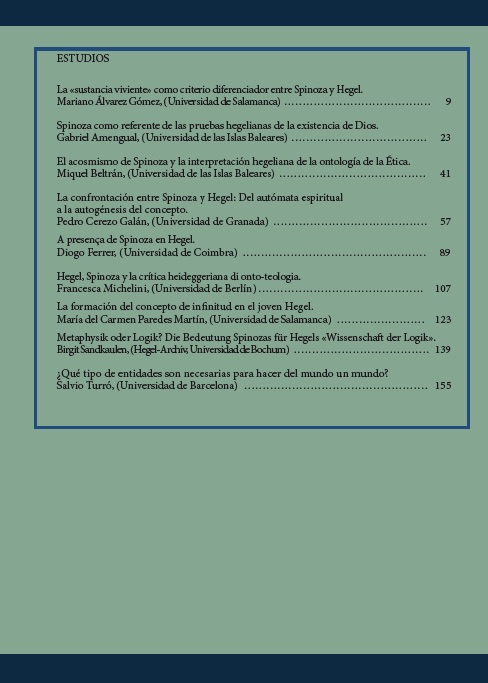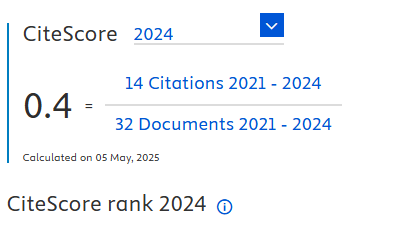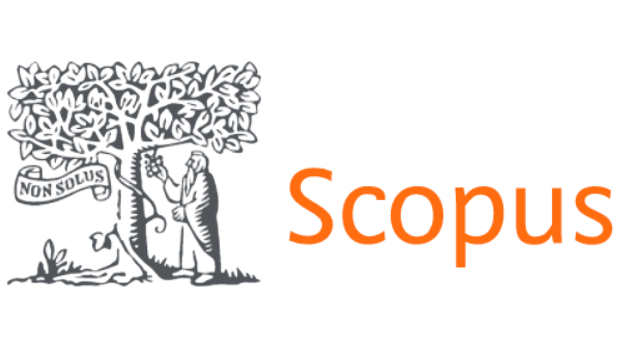Futilidad de ciertos argumentos contra el acosmismo de Spinoza An Account of the weakness of certain Arguments against the acosmist Doctrine of Spinoza
DOI:
https://doi.org/10.24310/stheg.v0i1.3695Keywords:
Spinoza, Acosmism, Modes, En Sof, God, KabbalahAbstract
As the title of this paper indicates, we will try to give an account of the weakness of certain arguments that have recently been put forward to prove that Spinoza’s Ethics does not contain an acosmist doctrine. Inversely, we maintain that this alleged impossibility is based on a misunderstanding of what is God in the Ethics (a substance that constitutes itself as an essence just to be grasped by infinite and finite intellects), due to the ignorance of the influence of Kabbalah on Spinoza’s metaphysics.
Downloads
Metrics
Publication Facts
Reviewer profiles N/A
Author statements
Indexed in
-
—
- Academic society
- N/A
- Publisher
- Universidad de Málaga
Downloads
Published
How to Cite
Issue
Section
License
This journal provides immediate free access to its content under the principle of making research freely available to the public. All contents published in Studia Hegeliana. Journal of the Spanish Society for Hegelian Studies, are subject to the Creative Commons Attribution-NonCommercial-ShareAlike 4.0 licence (specifically, CC-by-nc-sa), the full text of which can be found at <http://creativecommons.org/licenses/by-nc-sa/4.0>. Derivative works are therefore permitted as long as they are not used for commercial purposes. The original work may not be used for commercial purposes. The journal is not responsible for the opinions expressed by the authors of the works published in it.
It is the authors' responsibility to obtain the necessary permissions for images that are subject to copyright.
Authors whose contributions are accepted for publication in this journal retain the copyright. It is non-exclusive right to use their contributions for scholarly, research and educational purposes, including self-archiving or deposit in open access repositories of any kind.
Since volume 7 of 2021 the journal Studia Hegeliana has changed the copyright. Since that year the authors have retained the copyright.
The electronic edition of this journal is published by the Editorial de la Universidad de Málaga (UmaEditorial), being necessary to cite the source in any partial or total reproduction.







244.png)




















